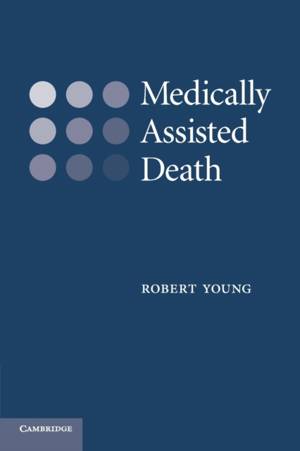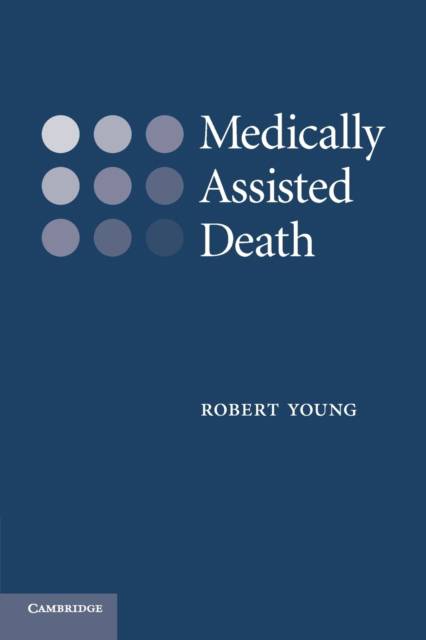
Bedankt voor het vertrouwen het afgelopen jaar! Om jou te bedanken bieden we GRATIS verzending (in België) aan op alles gedurende de hele maand januari.
- Afhalen na 1 uur in een winkel met voorraad
- In januari gratis thuislevering in België
- Ruim aanbod met 7 miljoen producten
Bedankt voor het vertrouwen het afgelopen jaar! Om jou te bedanken bieden we GRATIS verzending (in België) aan op alles gedurende de hele maand januari.
- Afhalen na 1 uur in een winkel met voorraad
- In januari gratis thuislevering in België
- Ruim aanbod met 7 miljoen producten
Zoeken
Omschrijving
Does a competent person suffering from a terminal illness or enduring an otherwise burdensome existence, who considers his life no longer of value but is incapable of ending it, have a right to be helped to die? Should someone for whom further medical treatment would be futile be allowed to die regardless of expressing a preference to be given all possible treatment? These are some of the questions that are asked and answered in this wide-ranging discussion of both the morality of medically assisted death and the justifiability of making certain instances legal. A case is offered in support of the moral and legal permissibility of specified instances of medically assisted death, along with responses to the main objections that have been levelled against it. The philosophical argument is bolstered by empirical evidence from The Netherlands and Oregon where voluntary euthanasia and physician-assisted suicide are already legal.
Specificaties
Betrokkenen
- Auteur(s):
- Uitgeverij:
Inhoud
- Aantal bladzijden:
- 260
- Taal:
- Engels
Eigenschappen
- Productcode (EAN):
- 9780521706162
- Verschijningsdatum:
- 18/10/2007
- Uitvoering:
- Paperback
- Formaat:
- Trade paperback (VS)
- Afmetingen:
- 162 mm x 228 mm
- Gewicht:
- 426 g

Alleen bij Standaard Boekhandel
+ 118 punten op je klantenkaart van Standaard Boekhandel
Beoordelingen
We publiceren alleen reviews die voldoen aan de voorwaarden voor reviews. Bekijk onze voorwaarden voor reviews.









